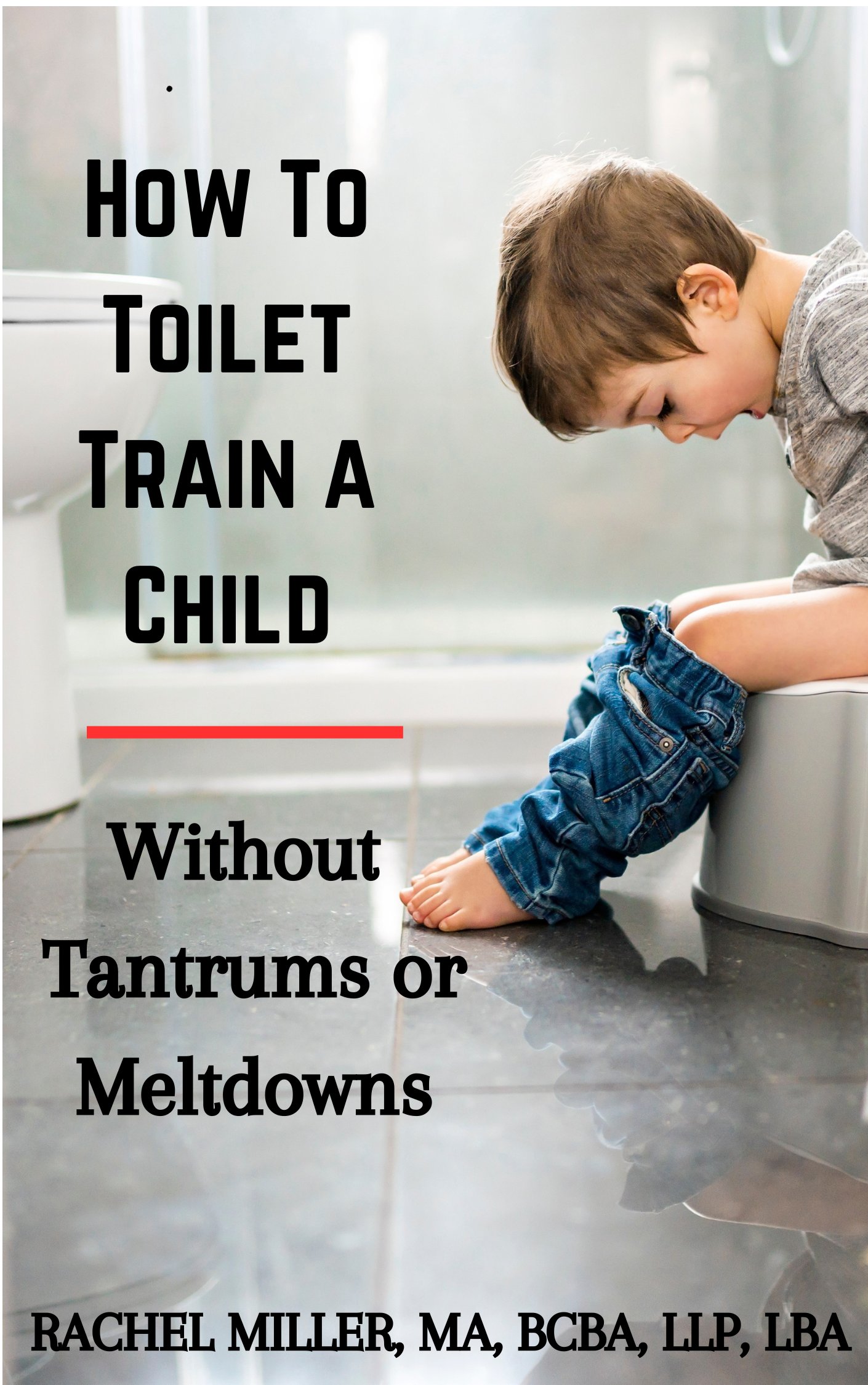ADHD Misdiagnosis: What You Need to Know

ADHD misdiagnosis is more common than many parents and caregivers realize. Children exhibiting symptoms like hyperactivity, impulsive behavior, and difficulty focusing are often quickly labeled as having Attention Deficit Hyperactivity Disorder (ADHD). While early diagnosis can be helpful, there are numerous conditions and environmental factors that can mimic ADHD symptoms, potentially leading to a misdiagnosis. Misdiagnosing a child can result in unnecessary or even harmful treatments, including stimulant medications, which carry significant risks if used inappropriately. Understanding the potential causes of ADHD-like symptoms is critical to ensure children receive the correct diagnosis and treatment.
Common Causes of ADHD Misdiagnosis
1. Malnutrition
Proper nutrition is essential for healthy brain development, particularly during a child’s first year of life. Malnutrition, or diets lacking essential vitamins and minerals, can impair cognitive development and cause symptoms such as inattention, irritability, and hyperactivity. In some cases, children with nutritional deficiencies may be mistaken for having ADHD. Ensuring that children receive a balanced diet with adequate fruits, vegetables, and proteins is crucial for their overall development and can sometimes reduce behaviors that mimic ADHD.
2. Food Reactions and Sensitivities
Certain food reactions may also contribute to ADHD-like symptoms. Diets such as the Feingold Diet, which eliminates artificial colors, flavors, preservatives, and foods high in salicylates, have been shown to improve behavior and attention in some children. In cases where children react negatively to specific foods, their hyperactivity, irritability, and difficulty focusing may resemble ADHD, leading to potential misdiagnosis.
3. Candida Overgrowth
An imbalance in gut bacteria, such as candida overgrowth, can lead to symptoms like brain fog, learning difficulties, mood swings, and irritability. These symptoms often overlap with ADHD, making it challenging to distinguish between the two without a thorough evaluation. Addressing underlying digestive or microbial issues can sometimes alleviate these behaviors.
4. High Intelligence
Interestingly, some highly intelligent children may be misdiagnosed with ADHD. If a child is consistently unchallenged in the classroom, they may appear bored, restless, or inattentive. Their lack of engagement can be misinterpreted as ADHD, when in reality, they require more stimulating and intellectually appropriate work to stay focused and motivated.
5. Overstimulation
In today’s digital age, children are exposed to constant stimulation from television, video games, and electronic devices. Overstimulation can make it difficult for children to focus, resulting in hyperactive or impulsive behavior. For some children, especially those with underlying sensory processing issues, excessive stimulation can exacerbate attention problems that may be mistaken for ADHD.
6. Sleep Problems
Adequate sleep is essential for attention and emotional regulation. Children who do not get sufficient sleep—whether due to insomnia, irregular sleep schedules, or sleep apnea—may display symptoms similar to ADHD, including difficulty concentrating, hyperactivity, and irritability. Correcting sleep issues can significantly improve attention and behavior without the need for medication.
7. Abuse or Neglect
Emotional trauma from abuse or neglect can lead to behavioral challenges in children. These children may act out, struggle to focus, or exhibit impulsive behavior. Without understanding the underlying causes, these behaviors may be mistakenly attributed to ADHD.
8. Sensory Processing Disorder
Children with sensory processing disorders may seek or avoid sensory input in ways that mimic ADHD symptoms. For instance, sensory-seeking behaviors can appear as hyperactivity, while sensory avoidance may look like inattention. A proper evaluation by an occupational therapist can help distinguish between ADHD and sensory processing issues.
9. Stressful Home Environments
Significant life changes, such as parental divorce, relocation, or the loss of a loved one, can temporarily alter a child’s behavior. Stress can manifest as inattentiveness, restlessness, or emotional outbursts—behaviors that may be misinterpreted as ADHD. Understanding the context of a child’s life is essential for accurate diagnosis.
10. Parenting Challenges
Parenting style and household dynamics can influence a child’s behavior. Inconsistent discipline, lack of structure, or parents feeling unsure about how to manage difficult behaviors can contribute to attention and behavior problems. This does not mean the child has ADHD, but rather that support and guidance may be needed for the family system.
11. Environmental Toxins
Exposure to toxins, such as lead, can result in hyperactivity, impulsivity, and difficulty concentrating. Even low levels of lead in the home environment can lead to behaviors that mimic ADHD, underscoring the importance of ruling out environmental causes before diagnosis.
12. Other Medical Conditions
Several medical issues can mimic ADHD symptoms. Allergies, asthma, thyroid disorders, and other chronic conditions can affect concentration and energy levels. Additionally, medications used to treat these conditions may have side effects that appear as hyperactivity or inattentiveness. A comprehensive medical evaluation is critical to avoid misdiagnosis.
The Importance of Accurate Diagnosis
Given the many potential causes of ADHD-like symptoms, careful evaluation is necessary before starting treatments, particularly stimulant medications. These medications can be beneficial for children who truly have ADHD, but they carry risks such as cardiovascular side effects, sleep disturbances, and appetite suppression. Misdiagnosing a child and prescribing stimulants unnecessarily can do more harm than good.
In our own experience, we initially thought our son might have mild autism or ADHD. However, after a thorough evaluation by an occupational therapist, we discovered he was actually dealing with a sensory processing disorder. Once we understood the true cause, we were able to implement effective, non-pharmaceutical interventions. We modified his diet, limited screen time, incorporated supplements, maintained chiropractic care, and created a structured sensory diet. The results were remarkable—he is now thriving as an adult, managing his attention and organizational skills successfully.
Conclusion
ADHD misdiagnosis can have significant consequences for children and families. Understanding the wide range of factors that can mimic ADHD—nutrition, sleep, sensory issues, environmental toxins, stress, and medical conditions—is essential to ensure accurate diagnosis and effective treatment. If you suspect your child may have ADHD, consider comprehensive evaluations that explore all possible causes. Early, accurate intervention can make a profound difference, helping children thrive without unnecessary medications or incorrect treatments.
If you haven't already, be sure to check out my ebooks, now on Amazon!
References
1. Curtis, J. (2008). Other conditions with symptoms similar to attention deficit hyperactivity disorder. www.webmed.com. 9-28-10.


